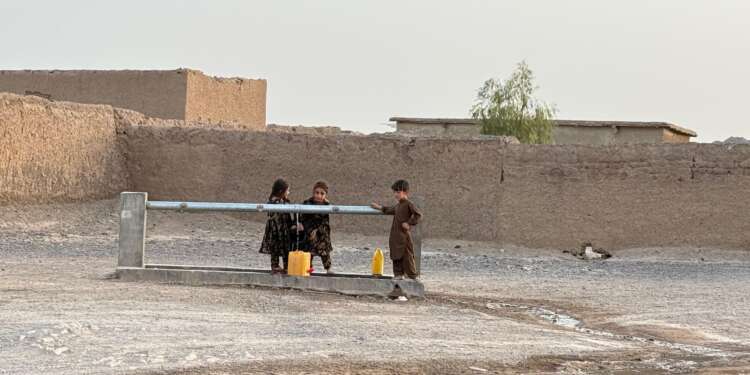The deadline for Afghan refugees to leave Pakistan has passed, and the government is tightening restrictions. Along with deportations and evictions, authorities have begun blocking mobile SIMs registered on refugee documents, leaving thousands of families disconnected from services they depend on.
The Pakistan Telecommunication Authority (PTA) confirms that more than 500,000 SIMs used by Afghan nationals have been blocked. Officials say the measure targets unverified or expired registrations, but refugees report that valid numbers have also stopped working. Many now borrow SIMs from Pakistani friends just to make calls.
Phones are not just for keeping in touch. Refugees rely on them to receive cash transfers, register for aid, confirm medical appointments, and access banking services. Losing access to a SIM means losing proof of identity in systems that require one-time codes or SMS verification. For families already under pressure to leave, this digital cutoff adds a new layer of insecurity.
The impact is visible in Islamabad, where dozens of Afghan families evicted from rental homes have set up tents in Argentina Park. Women there say blocked SIMs have made survival harder. Mothers with newborns cannot contact doctors, while families miss out on aid information and struggle to find medicine.
In Balochistan’s Chagai district, Afghan mothers told The Diplomat they fear uprooting children and losing access to healthcare. Their accounts mirror the experiences of refugees in urban camps: when phones stop working, daily survival becomes even more uncertain.
The government has enforced its “Illegal Foreigners Repatriation Plan” after the August 31 deadline, stating that all Afghans, even those with Proof of Registration (PoR) cards, must leave. Rights groups and UNHCR warn that many cannot return safely and that sudden expulsions risk splitting families and exposing women and children to further harm.
Digital rights advocates stress that blocking SIMs punishes people already at risk. Without phone access, refugees lose the ability to seek help, prove their identity, or even call emergency hotlines.
For Afghan refugees, disconnection is more than a technical issue. It is a barrier to food, health, and safety, and another reminder that the crisis is both physical and digital.





